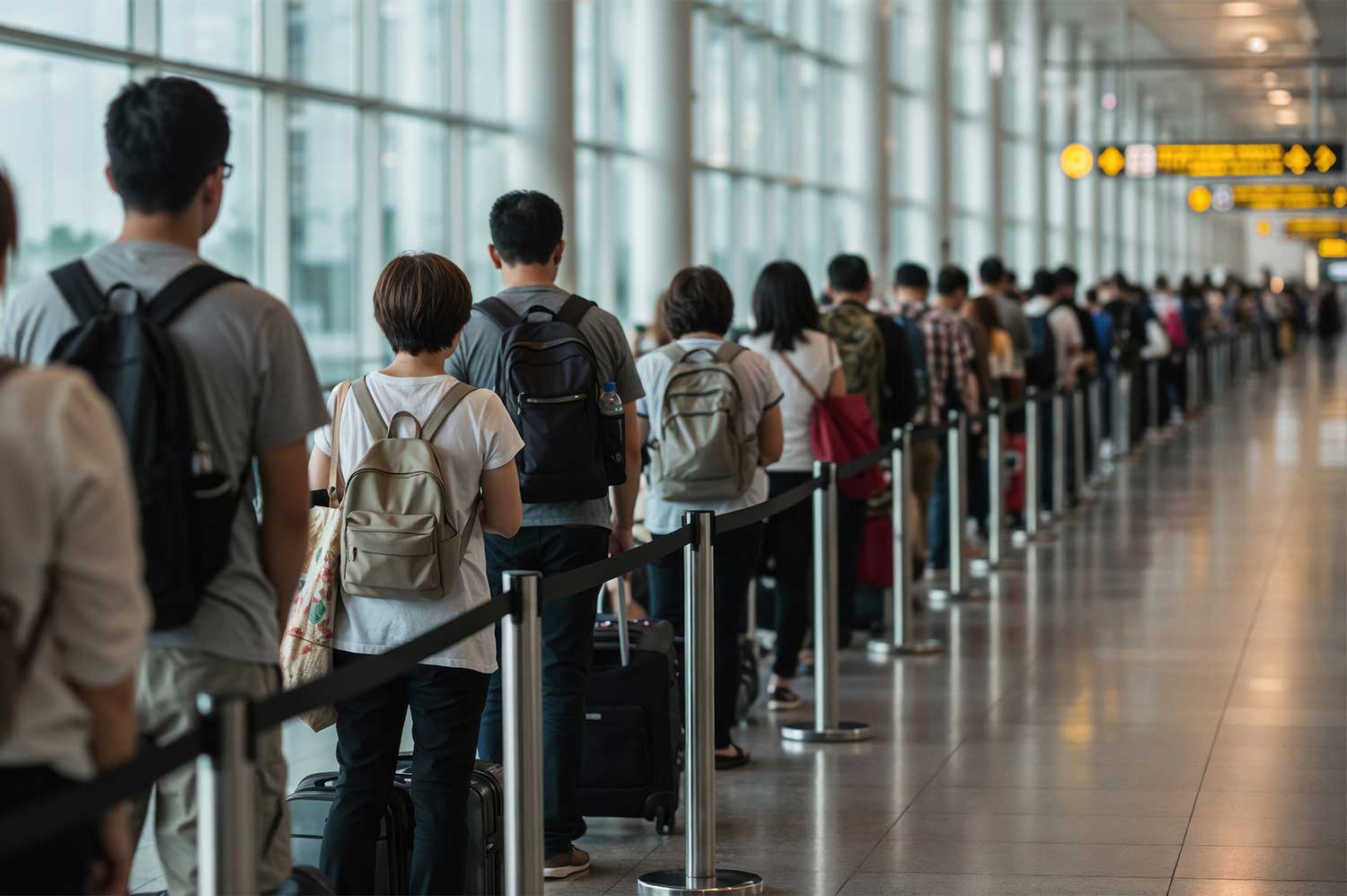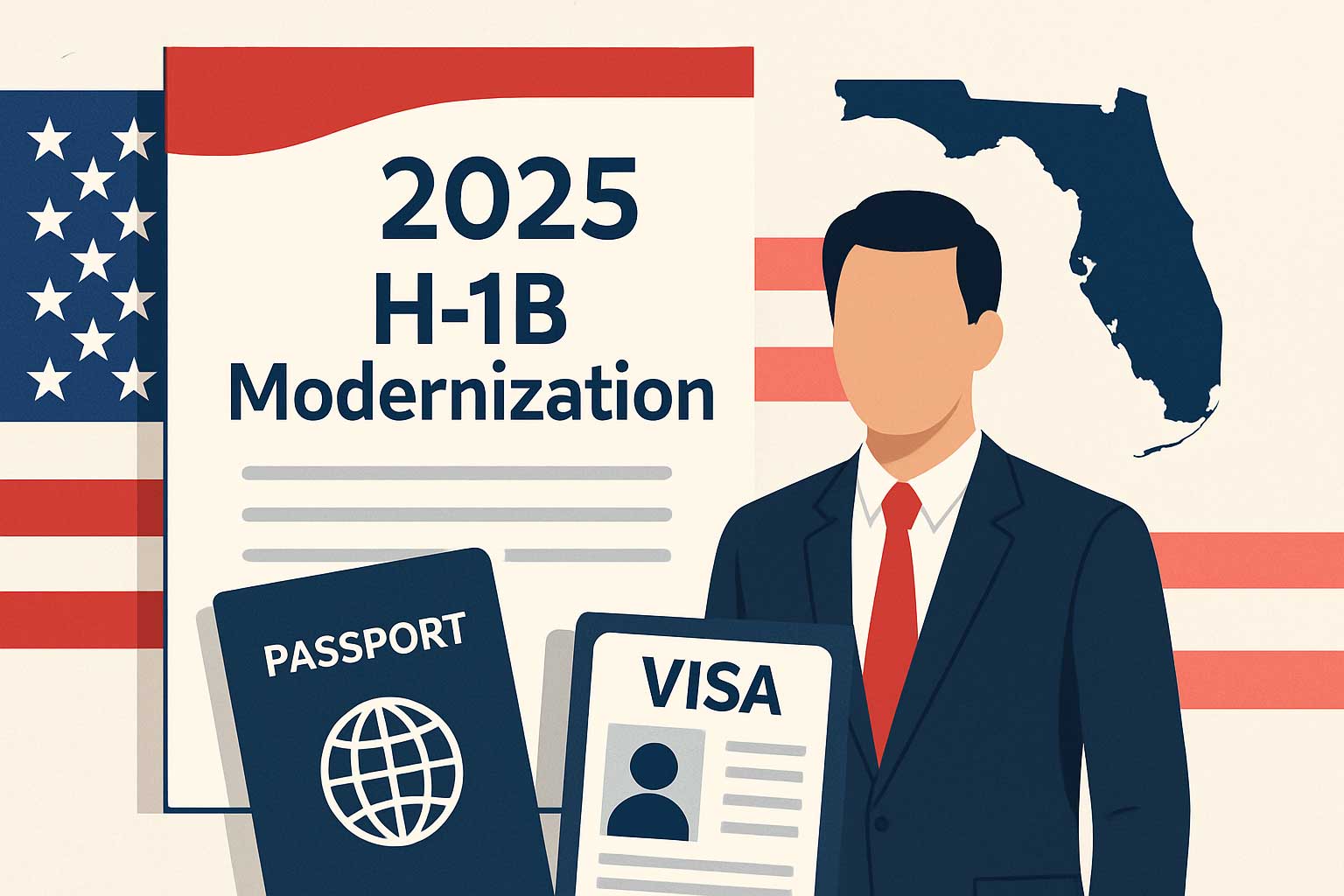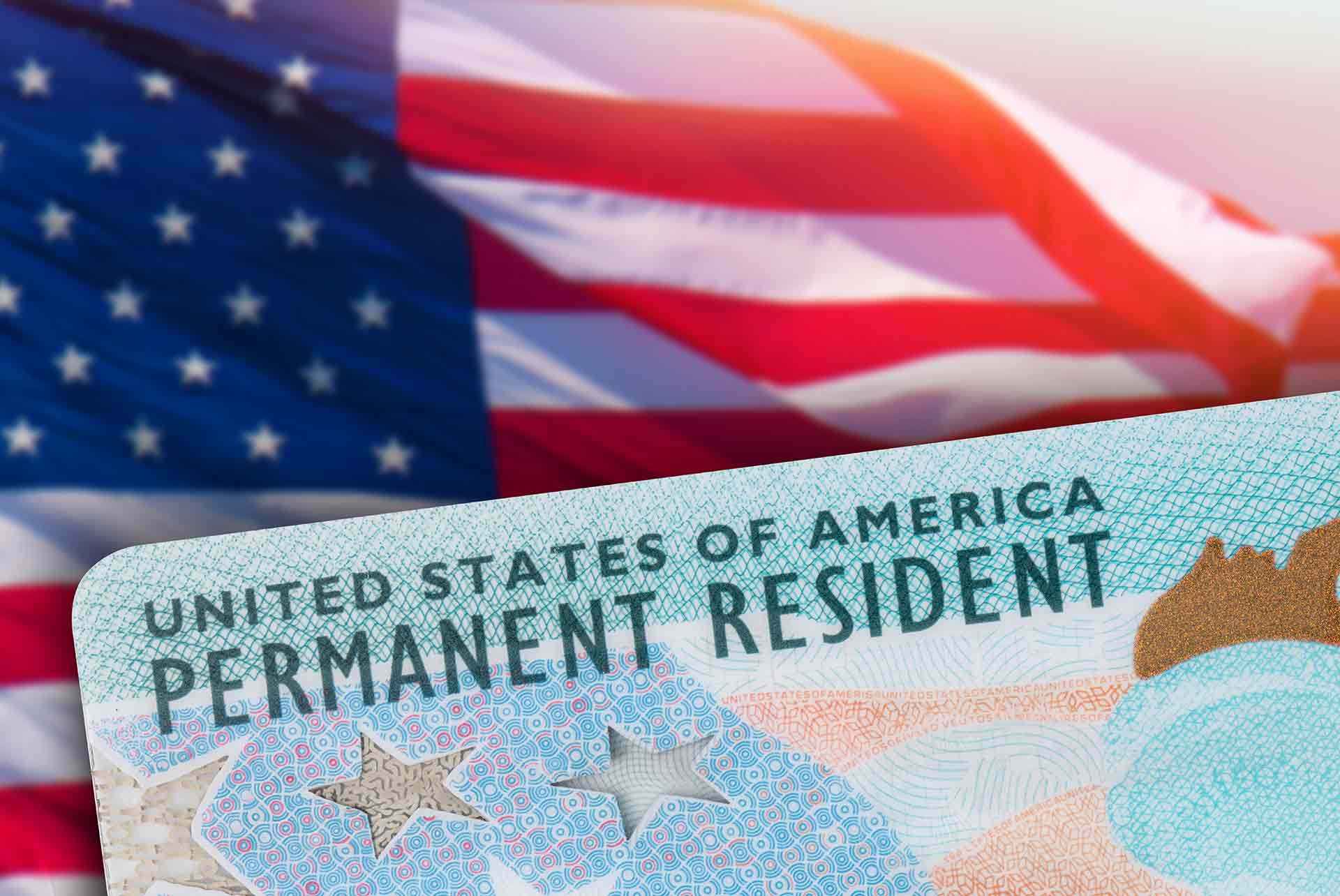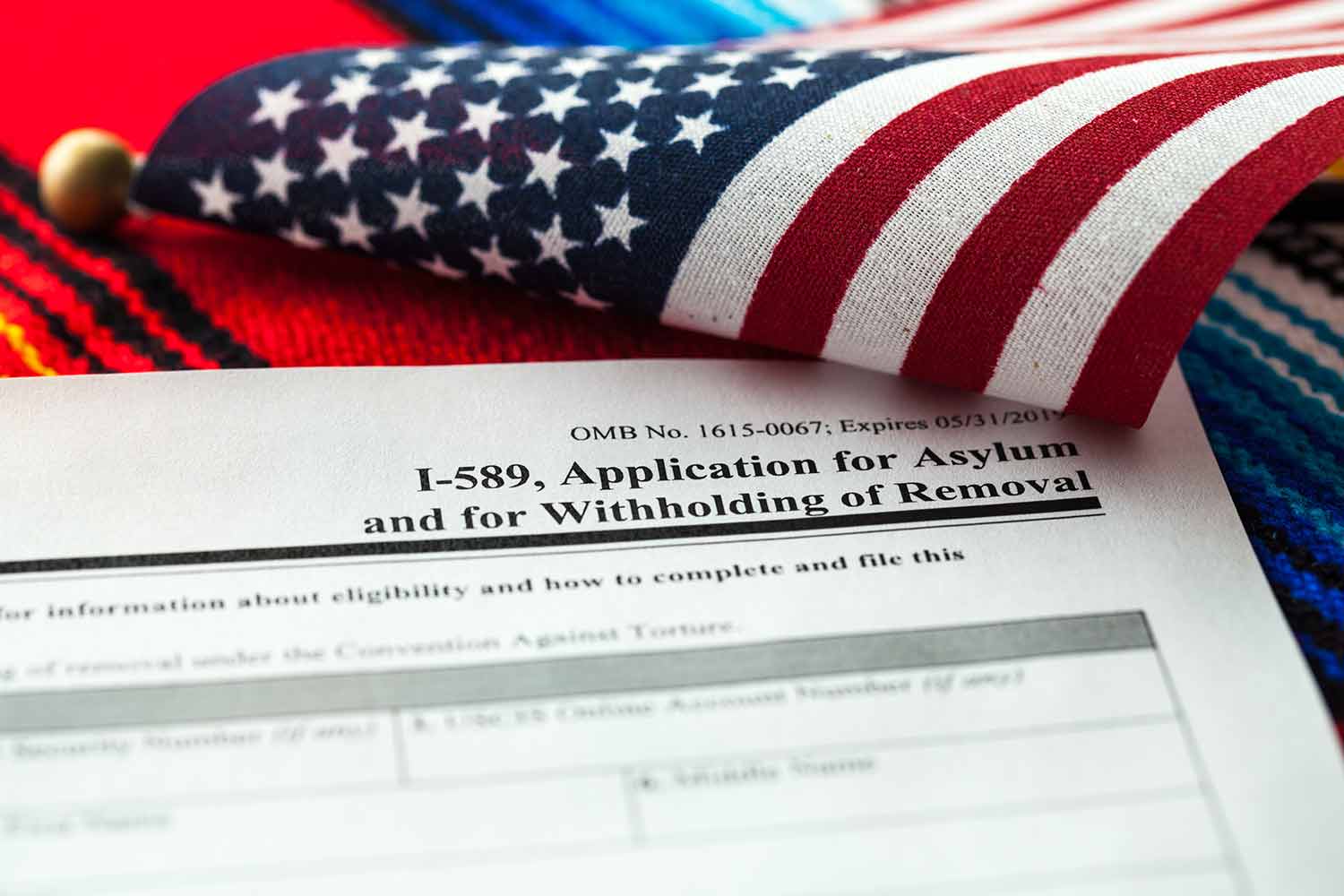Qualified beneficiaries who are outside the United States and lack U.S. entry documents may be considered, on a case-by-case basis, for advanced authorization to travel and a temporary period of parole for up to two years for urgent humanitarian reasons or significant public benefit. To participate, eligible beneficiaries must have a supporter in the United States who agrees to provide them with financial support for the duration of their parole in the United States; undergo and clear robust security vetting; meet other eligibility criteria; and warrant a favorable exercise of discretion.
The first step in this process is for the U.S.-based supporter to file a Form I-134A, Online Request to be a Supporter and Declaration of Financial Support, with USCIS for each beneficiary they seek to support, including minor children. The U.S. government will then review the supporter information provided in Form I-134A to ensure that they are able to financially support the beneficiaries they are agreeing to support.
In addition, DHS has also announced an increase in numerical limits on its Venezuela Parole Program as well as expanded parole processes for Cubans, Haitians, and Nicaraguans contingent upon certain conditions being met by these countries’ governments. These changes will help address the current crisis at the southwest border while allowing individuals from these countries access to the United States safely and legally under specific circumstances that meet certain requirements set forth by DHS.
The benefits of this new immigration process are numerous. It allows individuals from these countries to come to the U.S., find employment, and start a new life with their families without having to go through the lengthy visa or green card application process. Additionally, it provides an opportunity for those who may not have been able to obtain a visa or green card due to caps or other restrictions on certain countries’ citizens.
Overall, this new immigration process is beneficial for both individuals from these countries looking for a better life in the U.S., as well as employers who can now hire qualified individuals from these countries without having to go through the long and often difficult visa or green card application process.
For more information about these processes or country-specific eligibility requirements please visit https://www.uscis.gov/CHNV or consult with an immigration attorney familiar with these programs if you have questions about your own situation or that of someone you know who may qualify under one of these programs.
Get the Help you need
If someone needs help from an immigration lawyer to represent them or would like to do an online consultation to see if they’re eligible for a U.S. visa, they should schedule an online consultation via our website. Our experienced and knowledgeable team of immigration attorneys can provide legal representation and answer any questions you may have about visa applications and the process involved. We are here to help make sure that your visa application is successful!Sources:




